Archaeologists unearth first evidence of Julius Caesar’s invasion of Britain
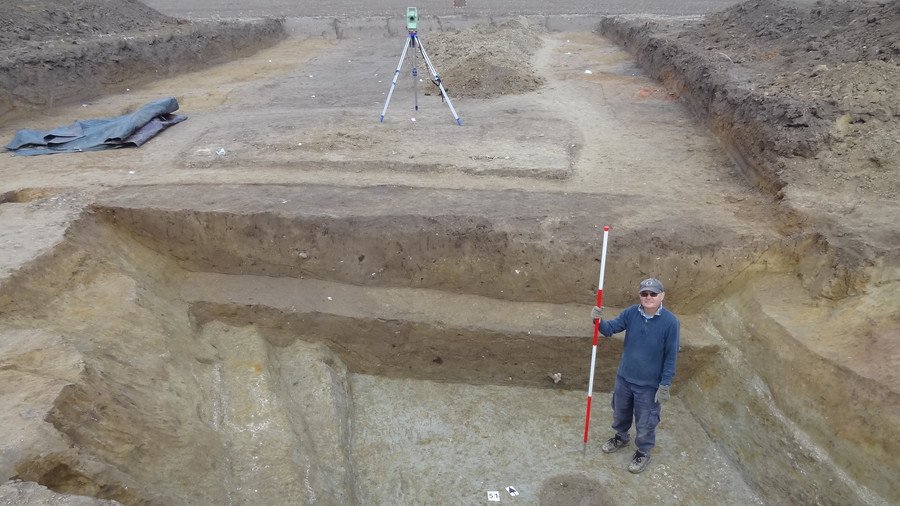
The landing site of Julius Caesar’s invasion of Britain some 2,000 years ago has been identified for the first time - in Kent. New evidence suggests his invasion was launched from the sandy shores of Pegwell Bay, where he built a huge defensive fort.
The first Roman invasion of Britain by Caesar in 55BC is a historical fact, with vivid accounts passed down by Tacitus, Cicero and Caesar himself. Yet, despite a huge landing force of legionaries from 800 ships, no archaeological evidence of the attack or physical remains have ever been found.
A chance excavation carried out ahead of a road building project in Kent has now uncovered what is believed to be the first solid proof of the invasion. Archaeologists from the University of Leicester and Kent County Council say his ships arrived on the Isle of Thanet at the northeast point of the county, a spot never previously suspected as it was separated from the mainland. The location matches Caesar’s own personal account because of its visibility from the sea, the existence of a large open bay, and the presence of higher ground.
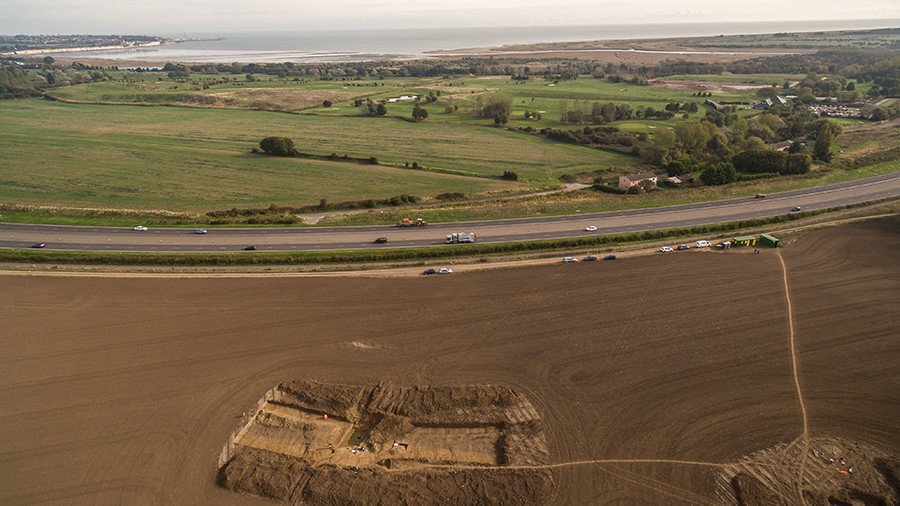
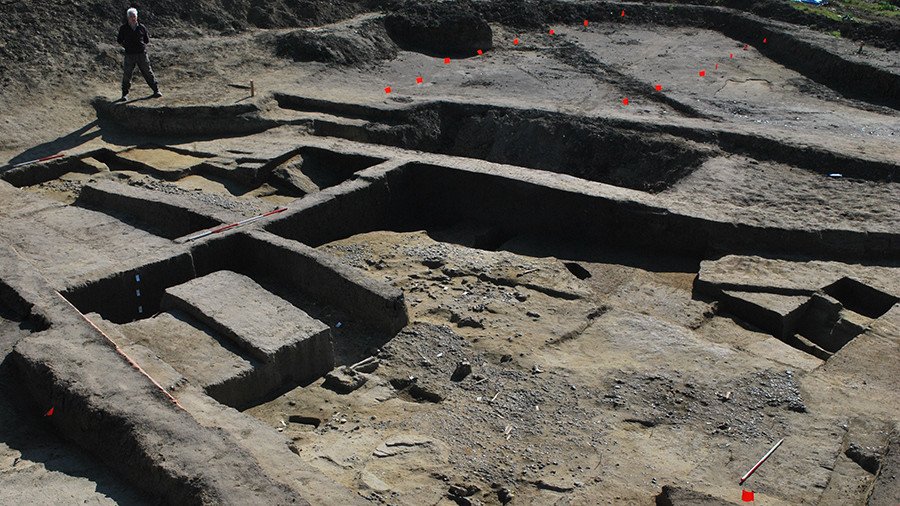
His army immediately constructed a fort in the area, archaeologists say. Iron weaponry, including a javelin and other artifacts like pottery, which were discovered in the neighboring hamlet of Ebbsfleet, suggests it was a Roman base dating back to the 1st century BC.
The site is now more than half a mile (900 meters) inland. But at the time of Caesar’s invasions, it was closer to the coast. It has a ditch up to 16.5ft (5 meters) wide and 6.5ft (2 meters) deep. Radiocarbon dating of pottery also fits the period.
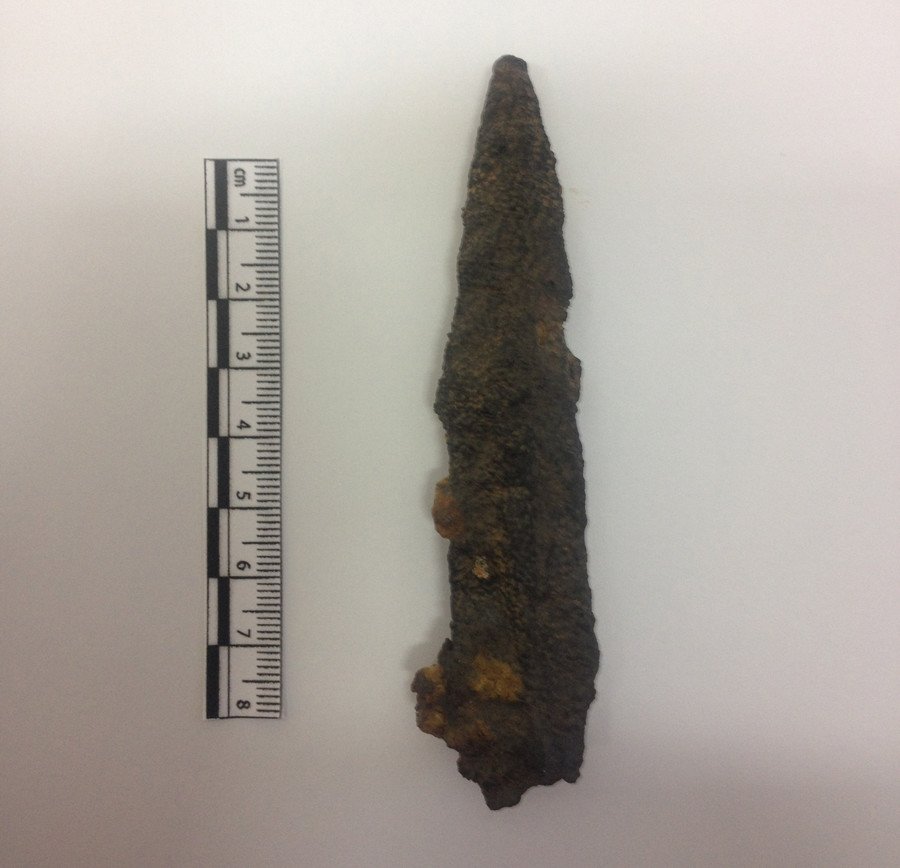
“The site at Ebbsfleet lies on a peninsular that projects from the south eastern tip of the Isle of Thanet. Thanet has never been considered as a possible landing site before because it was separated from the mainland until the Middle Ages,” explained Dr Andrew Fitzpatrick of the University of Leicester’s School of Archaeology and Ancient History.
“However, it is not known how big the channel that separated it from the mainland, the Wantsum Channel, was. The Wantsum Channel was clearly not a significant barrier to people of Thanet during the Iron Age and it certainly would not have been a major challenge to the engineering capabilities of the Roman army.”
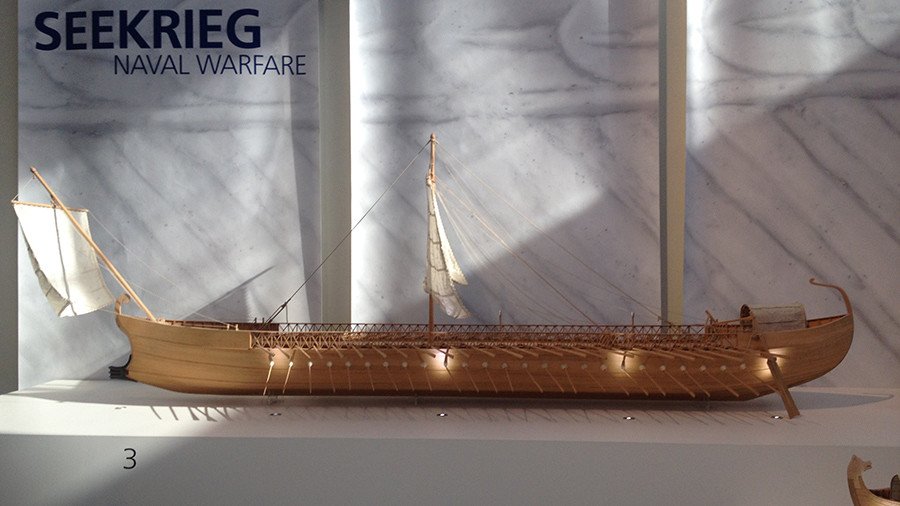
The new evidence is also challenging the long-held belief that the invasion was a failure because Caesar returned to France without completing the job. Professor Colin Haselgrove, the principal investigator for the project from the University of Leicester, explained: “It seems likely that the treaties set up by Caesar formed the basis for alliances between Rome and British royal families.
“This eventually resulted in the leading rulers of southeast England becoming client kings of Rome. Almost 100 years after Caesar, in AD43 the emperor Claudius invaded Britain. The conquest of southeast England seems to have been rapid, probably because the kings in this region were already allied to Rome.
“This was the beginning of the permanent Roman occupation of Britain, which included Wales and some of Scotland, and lasted for almost 400 years, suggesting that Claudius later exploited Caesar’s legacy,” he said.
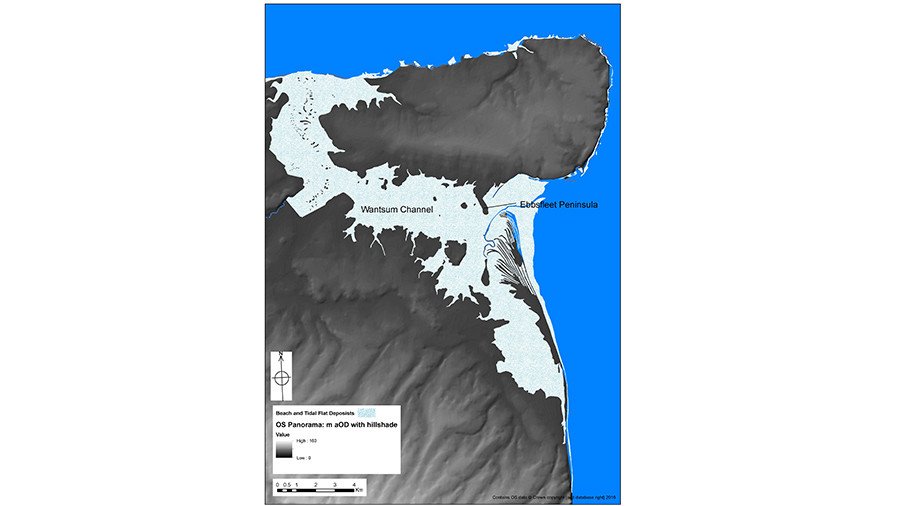
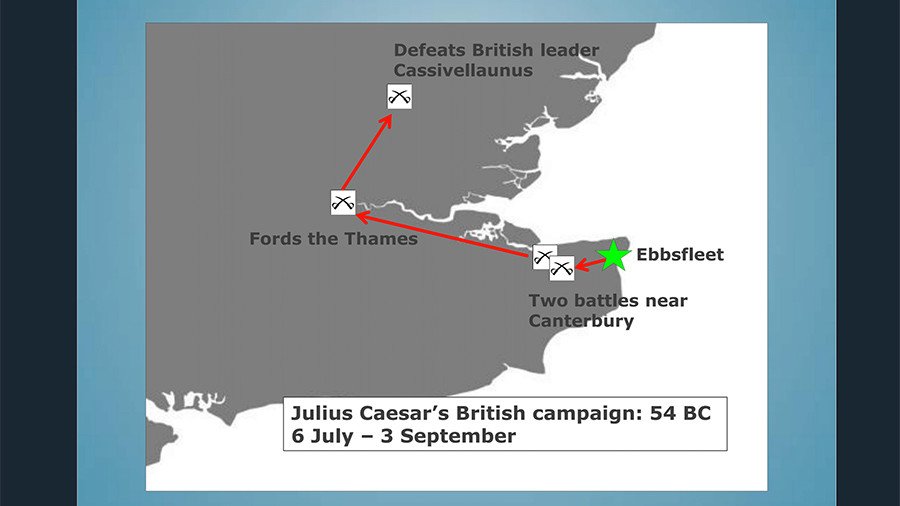
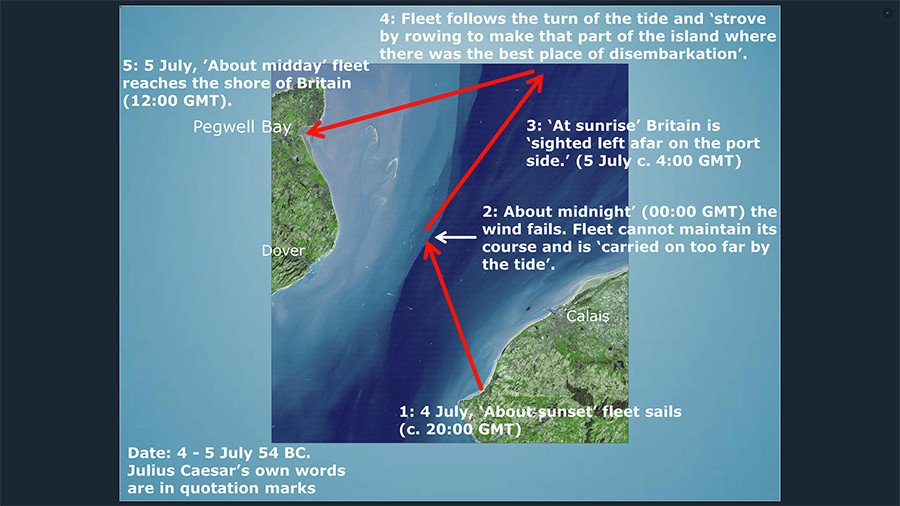
The last full study of Caesar’s invasions was published more than a century ago.












